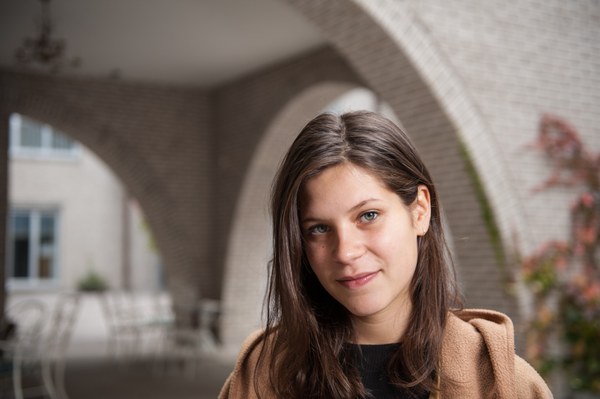MA Music Pedagogy | Jazz Instrument/Voice
Hochschule für Musik Basel
Strengthen your artistic profile – and share your passion for music! In the Master of Arts in Music Pedagogy Jazz you further develop your own artistic voice within a vibrant, international community, while also learning to guide others in a structured, reflective, and inspiring way.
.jpg)
- Deepening of instrumental/vocal and artistic skills in private lessons and ensembles
- Individual coaching from experienced, renowned faculty and inspiring masterclasses, projects, and collaborations
- Development of a versatile repertoire of pedagogical approaches and methods for individual and group teaching, as well as for new and innovative educational formats
- Teaching internships, supervision, and didactic reflection linking theory with practice
- In-depth engagement with the historical and societal contexts of diverse musical traditions
- Wide range of electives across all institutes of the Hochschule für Musik Basel
Steckbrief
Zukunftsaussichten
Learning outcomes
The Master in Music Pedagogy – Jazz (instrumental/vocal) has a dual focus:
Professional performer
Strengthening artistic skills and professional expertise, preparing graduates to engage in diverse musical contexts and to plan, realize, and document their own projects.
Teaching music
Developing pedagogical and didactic competencies for teaching contemporary music at all levels with professionalism and creativity. Graduates are qualified to teach both individually and in groups at general education schools, music and jazz schools, as well as in private instruction. They are trained to assess the musical development of their students with sensitivity and to foster it in line with each learner’s abilities and goals.
Career prospects
Graduates are active musicians who are present both on stage and in the classroom, combining their passion for music with a sustainable professional perspective.
In Switzerland, a Master’s degree in Music Pedagogy is now a requirement for employment at nearly all music schools.
The degree also opens the path to further studies.
Target audience
This program is aimed at advanced instrumentalists and vocalists with a Bachelor’s degree in music, an equivalent qualification, or comparable professional experience.

A stimulating environment that provided me with the space to develop as an artist.
Lorraine Dinkel, alumna
Aufbau und Inhalte
Jazz (Instrument/Voice) pursues two objectives. On the one hand, students acquire the basics necessary to perform in public as well as the contextual knowledge to plan and deliver musical performances to a professional level.
On the other hand, students acquire the requisite skills to teach and communicate music to others, enabling them to become music educators who can guide others to jazz and music in general and offer professional, practical instrumental/vocal instruction at all Levels.
Modules and regulations
The BA and MA degree programs at the Basel Academy of Music are based on modules.
The legally binding structure provides an initial guide to the content and weighting of the subjects on the degree program.
The detailed content and modalities of the individual subjects can be found in the module descriptions.
The study regulations come into force together with the study and examination regulations of the Basel Academy of Music FHNW and form the legal framework.
Vertiefungen
International
Leitung und Dozierende
->wie in de
Teaching staff Jazz
Our internationally renowned teaching staff at a glance
Voraussetzungen, Zulassung, Eignungsabklärung
Admission criteria
Applicants are eligible for the MA in Music Pedagogy – Jazz (instrumental/vocal) if they hold a Bachelor’s degree in Jazz (instrumental/vocal) or an equivalent qualification, have passed the aptitude test, and have been awarded a study place (limited number).
For full admission criteria, please consult the Study Course Regulation of the Master of Arts FHNW in Music Pdagogy, Jazz Instrumental/Vocal (in German).
Language requirements
Very good German skills, both spoken and written, are required at the start of the program. Applicants whose first language is not German must provide a B1 (or higher) certificate that is no more than five years old, according to the Common European Framework of Reference for Languages (CEFR). Only certificates with the ALTE-Q-Mark quality seal are accepted (e.g. Goethe-Institut B1 certificate or telc B1 certificate). The certificate must be submitted with the application.

